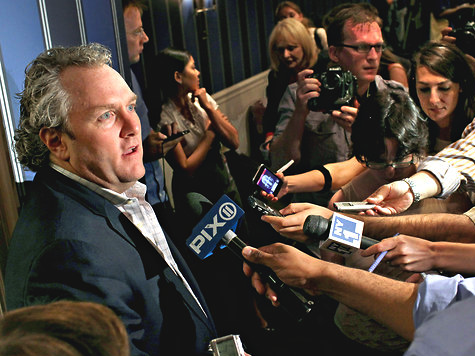In the fall of 1997, I joined Harvard’s environmental science and public policy program. In the introductory class, co-taught with the Kennedy School of Government, we were encouraged to think of politics as a process of social learning, in which past successes and mistakes provided a guide for the future. And, from the vantage point of 1997, that seemed a fairly accurate description of how America had reached its pinnacle of power.
Americans had learned, from the economic failures of both Democrats and Republicans in the 1970s, about the perils of big government. We also learned, from the revolution of the Reagan years, about the potential of free markets to create prosperity. President Bill Clinton had run as a “New Democrat,” free of old labor orthodoxy, and won a second term after passing welfare reform and declaring that “the era of big government is over.”
In foreign policy, the collapse of the Soviet Union had demonstrated the importance of investment in national defense. In the Gulf War, we showed we had learned the lessons of Vietnam, and responded to the threat of Saddam Hussein with overwhelming force. We were reaping the benefits of free trade–though the Asian financial crisis had just taught us that the economic forces of globalization were powerful, and unforgiving.
True, the seeds of later problems had already been planted. The Clinton administration renewed the Community Reinvestment Act, which encouraged subprime lending and helped create the housing crisis ten years later. Susan Rice had helped to persuade the president not to work with the Sudanese government to capture Osama bin Laden. And the imminent Clinton budget “surpluses” would later turn out to be modest deficits.
Still, though there were some big lessons looming, it seemed that we, as a society, had learned much from our past. Looking back, it seems that process has stalled, or even reversed, since the late 1990s. Instead, our politics has been diverted into contentious cultural battles, while the left-wing faction that Clinton marginalized has waged a steady revanchist effort, succeeding beyond its wildest dreams in seizing and retaining power.
Today, instead of learning from the failure of Obama’s failed and costly stimulus, or the high-tax, job-crushing policies of California and Illinois, we are doubling down on both. Instead of making government more efficient and effective, we are implementing Obamacare. And we have forgotten the lessons of 9/11–that we cannot retreat from the world, and treat terror as a mere law enforcement problem, and expect to remain safe.
It turns out that the idea of politics as a process of social learning depends on the media to report accurately both our successes and failures. That is the part of our system that is most broken. In the post-Watergate era, journalists were seen as a valuable check on executive power; today, both sides see the media as biased and dishonest. That decline began in earnest with the Clinton impeachment scandal of 1998. It has only deepened.’
That is why new media are so essential to the task of American renewal. For a decade, we have focused on the corruption of the mainstream media–but that is not enough. It is up to us to document the failures of big government and the successes of free market policies–particularly at the state and local levels, where there are many examples to compare. Confronting American society with those lessons is the only way we will learn.

COMMENTS
Please let us know if you're having issues with commenting.